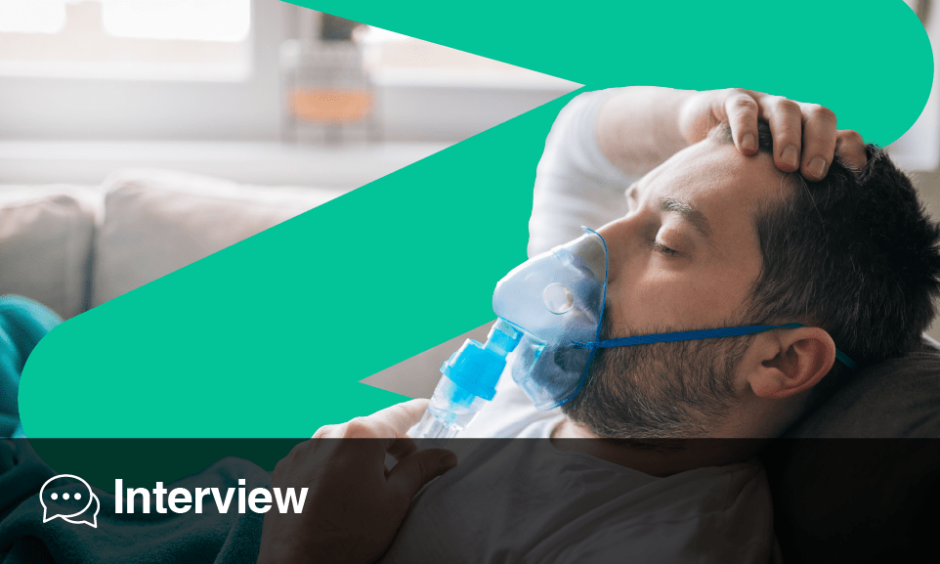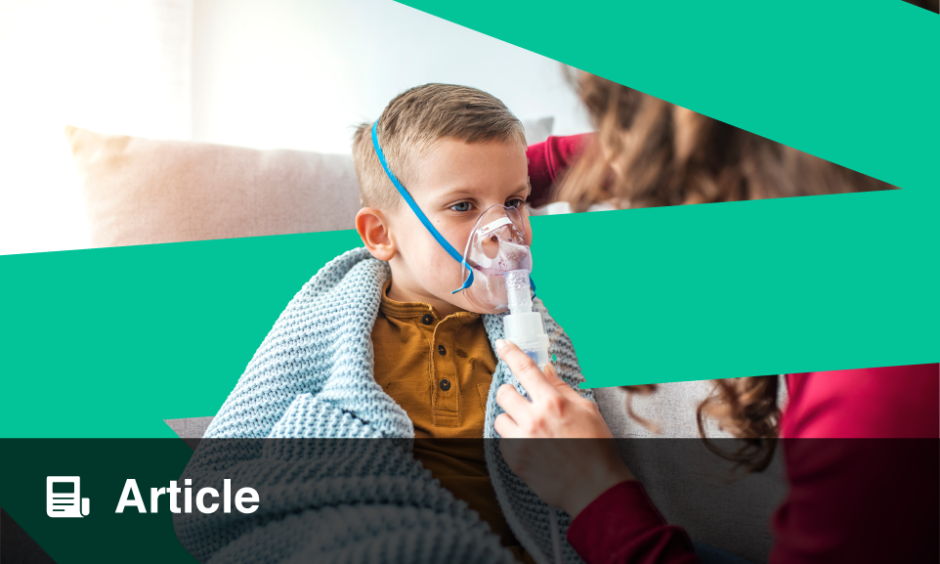A RECENT study showed that Indigenous children with bronchiectasis and low cough scores have higher odds of symptom resolution following a 14-day antibiotic treatment for non-severe exacerbations.
The study analysed data from 217 children (median age of 6.6 years; 52% male; 41% Indigenous) who were given a 14-day course of oral antibiotics for non-severe bronchiectasis exacerbations. The researchers aimed to determine if certain phenotypic features could predict symptom resolution. Two oral antibiotics were used in the study: amoxicillin-clavulanate (115 children) and azithromycin (102 children).
Results showed that 60% of children (130) achieved symptom resolution by day 14, while 40% (87) did not respond to treatments. And that Indigenous children had significantly higher odds of responding to treatment compared to non-Indigenous children (adjusted OR=3.59; 95% CI, 1.36-9.54). New abnormal auscultatory findings were associated with increased odds of treatment response (aOR=3.85; 95% CI, 1.56-9.52). The likelihood of response decreased in children with multiple bronchiectatic lobes at diagnosis (aOR = 0.66; 95% CI, 0.46-0.95) or high initial cough scores (aOR = 0.55; 95% CI, 0.34-0.9).
The presence of a respiratory virus or bacterial pathogen before treatment did not significantly impact the odds of antibiotic failure.
Indigenous children had higher odds of having respiratory bacterial pathogens (OR = 3.75; 95% CI, 1.72-8.19), although they did not differ significantly from non-Indigenous children in terms of bronchiectatic lobes and cough scores.
Mediation analysis revealed that Indigenous ethnicity mediated the relationship between respiratory bacterial pathogens and antibiotic response, as well as the relationship between new abnormal auscultatory findings and antibiotic response.
The study suggests that identifying exacerbations likely to respond to oral antibiotics can help prevent severe outcomes and hospitalisations. Further research is needed to identify exacerbations that might be managed without antibiotics and to develop objective biomarkers for better management of paediatric bronchiectasis.
Aleksandra Zurowska, EMJ
Reference:
Goyal et al. Phenotypic Features of Pediatric Bronchiectasis Exacerbations Associated With Symptom Resolution After 14 Days of Oral Antibiotic Treatment. Chest. 2023;164(6):1398-86.








